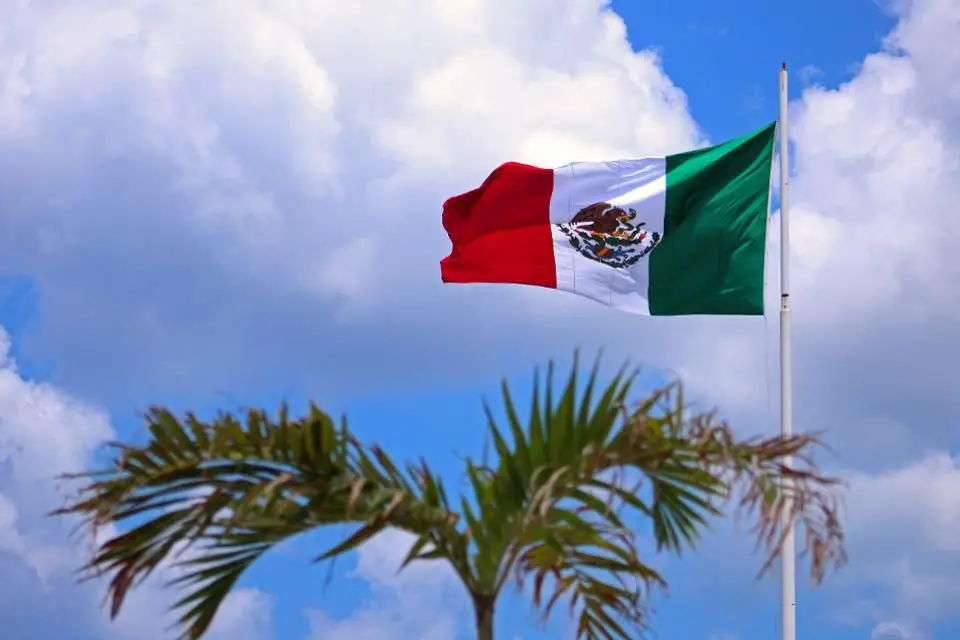As Mexico transitions to a federal medical marijuana program, lawmakers’ leeway toward cannabidiol (CBD) could help the so-called “miracle” compound become as common and low-drama as vitamins and minerals.
Last year, Mexico drew international attention when its government moved to legalize medicinal marijuana, perhaps using a more direct path than its neighbors to the north. On June 19, 2017 President Enrique Peña Nieto signed a bill into law that officially legalized the cultivation, production, and use of medical cannabis products with less than 1% tetrahydrocannabinol (THC) in Mexico.
Known for its psychoactive effects (and some related therapeutic uses), THC is one of at least 113 chemical compounds known as cannabinoids that are found in marijuana and hemp (both belonging to genus cannabis) and may stimulate the body’s endocannabinoid system in various ways.
Both THC and CBD are found in higher quantities in marijuana than in hemp, but unlike its chemical cousin, CBD has been shown to be non-intoxicating and to have fairly astounding applications — potential and otherwise — for preventing and treating numerous health conditions. And while THC (for all its strengths) can have negative effects for some users, science has deemed CBD almost unavoidably benign.
See also: Mayor’s Plan Suggests NYC Still Failing To Take Marijuana Seriously
In the United States, unlike Mexico, CBD products have been marginally legal under federal law for decades, but only in low concentrations and if derived from (lots of) hemp, and not the more potent marijuana; until pretty recently, hemp has frequently gotten a hard time from lawmakers, too.
As a result, U.S. products claiming to contain CBD have been significantly under-regulated, inconsistently enforced, and effectively unavailable to most would-be patients and preventative users — despite the fact that studies increasingly suggest that many or most of us should consider it as an option for our personal health regimens.
According to Raul Elizalde, President of HempMeds Latin America, Mexico’s distinctive new law will give producers the freedom to start putting CBD in everyday health products; it could also give consumers unprecedented access to this seemingly healthful substance.
“A good point about this regulation in Mexico is that any product with a THC concentration higher than 1% can still be registered with the government, and sold as a prescription,” Elizalde commented by phone.
“But the best part is that [cannabinoids] with below 1% THC content can be in medicine, supplements, lotions, food, anything. This is very, very good for our country, and I think we’re one of the very first in the world to take that path.”
See also: Medicaid, Marijuana And Me: An Ex-Opioid Addict’s Take On American Drug Denial
An employee of Dr. Bronner’s products, right, speaks with an attendee during the ExpoWeed exhibit at… [+] the World Trade Center in Mexico City, Mexico, on Friday, Aug. 12, 2016. (Credit: Susana Gonzalez/Bloomberg)
Even setting aside its compelling health uses,






